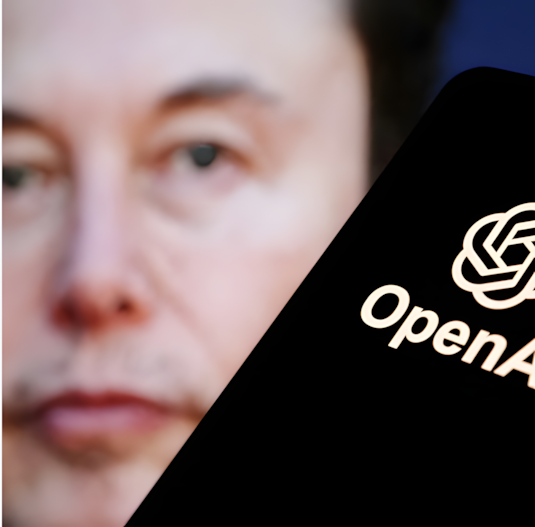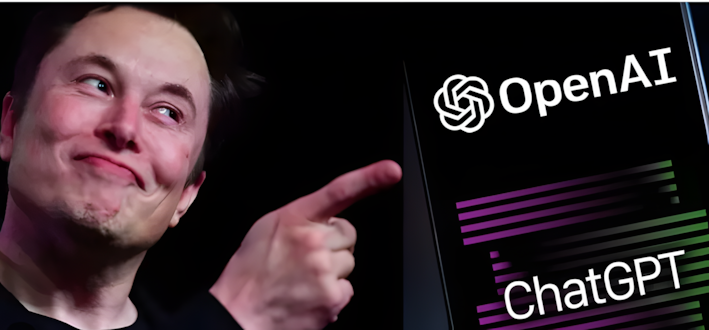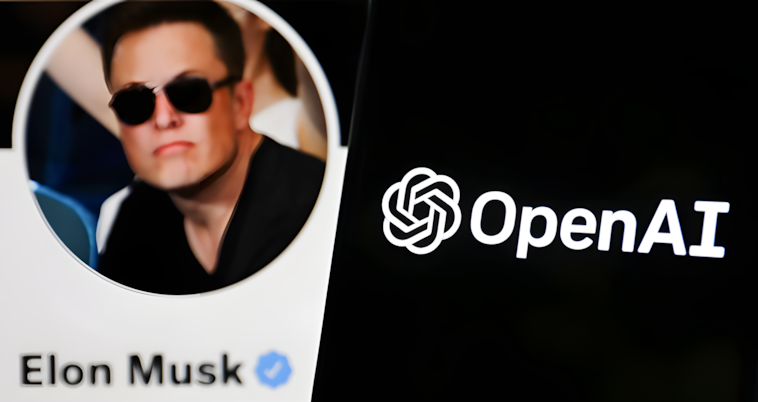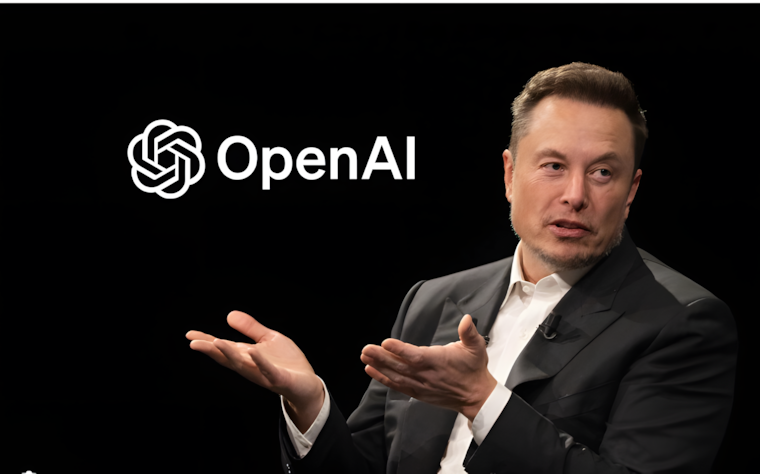In a dramatic turn of events that has shaken the tech industry, OpenAI recently rejected a colossal $97 billion acquisition offer from a consortium led by Elon Musk. This bold decision not only underscores OpenAI’s commitment to its mission but also highlights the complex dynamics between innovation, ethics, and corporate power. The rejection has sparked widespread debate, raising questions about the future of artificial intelligence, corporate influence, and the strategic vision of one of the most influential tech companies in the world.

Background: A History of Collaboration and Conflict
The relationship between Elon Musk and OpenAI is rooted in shared ambition and visionary ideals. Musk co-founded OpenAI in 2015 alongside Sam Altman and other Silicon Valley elites, with the goal of developing artificial general intelligence (AGI) that benefits humanity. Initially established as a non-profit, OpenAI aimed to democratize AI technology and counterbalance potential monopolies in the tech world.
However, the partnership began to strain when OpenAI transitioned from a non-profit to a for-profit “capped-profit” model in 2019. The shift was designed to attract the necessary capital to fund large-scale AI research and development, including the revolutionary language model, ChatGPT. Musk, who left OpenAI’s board in 2018 due to potential conflicts of interest with his own AI pursuits at Tesla, publicly criticized the move. He argued that the profit-driven model deviated from OpenAI’s original mission, setting the stage for an ideological clash.

Musk’s Bold Move: The $97 Billion Offer
In early February 2025, Musk, along with his AI startup xAI and private equity firm Valor Equity Partners, made a staggering $97 billion bid to acquire OpenAI. According to insiders, the offer was an unsolicited attempt to bring OpenAI back under Musk’s vision of safe and ethical AI development. The proposal was also seen as a strategic move to consolidate Musk’s influence in the rapidly evolving AI sector, especially after launching xAI in 2023 to compete with ChatGPT.
Musk’s bid came amid his public criticisms of OpenAI’s direction and his increasing rivalry with Sam Altman, OpenAI’s current CEO. Musk argued that OpenAI’s commercialization strategy contradicted its founding principles. His consortium aimed to steer OpenAI towards more transparent and publicly accountable practices.
OpenAI’s Firm Response: Not For Sale
OpenAI’s board swiftly and unanimously rejected Musk’s offer, emphasizing the company’s commitment to independence and its mission to develop AGI that benefits all of humanity. In an official statement, OpenAI reiterated that the company is not for sale, reaffirming its dedication to long-term goals that transcend short-term financial gains.
Sam Altman, known for his candid and sometimes provocative public statements, responded with humor and defiance. On X (formerly Twitter), a platform owned by Musk, Altman joked about buying Twitter for $9.74 billion, poking fun at Musk’s own acquisition of the social media giant. The jest underscored the growing rivalry between the two tech moguls and highlighted Altman’s confidence in OpenAI’s strategic direction.

A Legal and Strategic Power Play
Beyond the monetary offer, Musk’s bid is part of a broader legal and strategic maneuver. He has reportedly filed lawsuits challenging OpenAI’s transition to a profit-driven model, arguing that the change undermines the organization’s original mission. Legal experts speculate that Musk’s consortium aimed not only to acquire OpenAI but also to influence its strategic decisions from within.
OpenAI, however, defended its decision to become a public benefit corporation, arguing that the structure is necessary to secure the billions of dollars needed to advance AGI technology responsibly. The company’s leadership maintains that the capped-profit model strikes a balance between attracting investment and staying true to its ethical commitments.
Industry Reactions and Public Debate
The tech industry has been abuzz with reactions to OpenAI’s decision. Some analysts applaud OpenAI’s refusal to bow to financial pressure, viewing it as a stand for ethical AI development and independence. They argue that maintaining autonomy allows OpenAI to pursue its long-term vision without the influence of external shareholders.
Others see Musk’s bid as a strategic masterstroke, pointing out his history of transforming industries through bold acquisitions and visionary leadership. Supporters of Musk’s proposal argue that his leadership could accelerate OpenAI’s growth while ensuring ethical safeguards.
The public debate also reflects broader concerns about the concentration of power in the tech industry. Some critics worry that Musk’s control over multiple tech giants, including Tesla, SpaceX, Neuralink, and X, could lead to monopolistic influence over emerging technologies, including AI.

The Future of AI: What’s at Stake?
OpenAI’s rejection of Musk’s $97 billion offer is more than just a corporate decision—it’s a statement about the future of artificial intelligence. By staying independent, OpenAI positions itself as a counterbalance to tech giants with deep pockets and aggressive growth strategies. The decision could influence how other AI startups navigate funding and strategic partnerships, potentially leading to a more diversified and competitive AI landscape.
On the other hand, Musk’s vision of integrated AI systems across his companies could revolutionize industries, from autonomous vehicles to space exploration. His continued investments in xAI suggest that the rivalry with OpenAI is far from over. If Musk’s ambitions are realized, the world could witness unprecedented AI integration across automotive, social media, and neural interface technologies.
Conclusion: A Defining Moment in Tech History
OpenAI’s firm rejection of Elon Musk’s $97 billion acquisition bid marks a defining moment in tech history. It represents a clash of ideologies—between profit-driven innovation and mission-driven independence. It also symbolizes a power struggle between two of the most influential figures in technology, Sam Altman and Elon Musk.
The decision to remain independent allows OpenAI to pursue its vision of ethical AGI development without external pressures. However, it also raises questions about sustainability and growth in an industry that demands massive capital investment. Meanwhile, Musk’s determination to shape the future of AI remains unshaken, signaling that this rivalry is just beginning.
As the dust settles, one thing is clear: the battle for AI supremacy is far from over, and the next moves by OpenAI and Musk will shape the future of technology, ethics, and power dynamics in the digital age.



